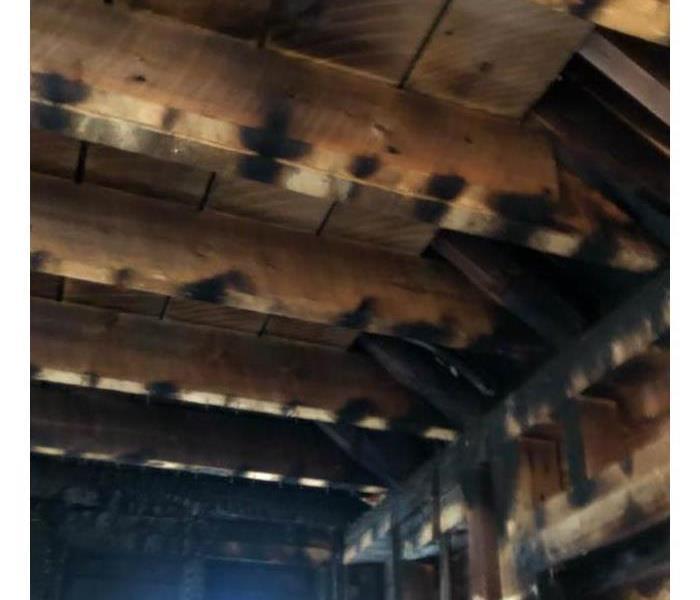How To Create a Residential Fire Escape Plan
12/1/2022 (Permalink)
How to Prepare for a Fire in your Home
A fire escape plan is crucial for keeping your family safe in an emergency, and it happens to be one of the easiest things you can do: all you need to do is draw a map of your home, deciding on exits and meeting places. You don't have to be an artist or a designer to create a useful escape plan; anyone can do it! Here are some tips for creating a fire escape plan that will help keep your family safe.
Planning could save your life.
A fire escape plan is a vital part of home safety. It is a document that outlines the steps you and your family should take in the event of a fire. The plan should be shared with all residents who live in your home, and ideally, it should be reviewed with them once a year. A fire escape plan can be used to prevent injuries or even save lives.
For many people, it may take some time to develop a thorough fire escape plan for their home. However, if you follow these steps, then you'll be able to create one in no time at all!
1) Identify all possible emergencies that could occur at home, such as fires, gas leaks, or floods.
2) Map out two ways out of each room in your house: one for emergencies when there's no time for preparation (such as if you hear smoke alarms going off), and another for situations where you have more time to prepare for what you need.
3) Designate a meet-up place outside of your home where all the residents should go in the event of a fire emergency.
Practice, practice, practice.
The most important part of creating a fire escape plan is practicing it. If you don't practice, your family won't know what to do in an emergency and may lose precious seconds trying to figure it out. This can be especially dangerous if you have young children or pets in your home because they may panic if they feel trapped and confused about where to go.
Practicing your fire escape plan is also important because it will give everyone involved an opportunity to identify any weaknesses in the plan that need addressing before an actual fire occurs. For example, if one person cannot physically get through a doorway due to either injury or physical limitation, the rest of the family should know how to help them get out safely as quickly as possible by using another exit route instead.
Never go back inside a burning building.
It's important to remember that once you've escaped from a burning building, it is never safe to go back inside. The fire can reignite at any time, and if this happens while you're inside your house—even seconds after exiting with what seems like a perfectly intact space—then you may find yourself trapped by flames once again.
A firefighter who has experienced this himself will tell you: "You don't want to go back into an area where there are intense fires still burning." And even if there isn't any active flame in your house when it catches on fire again after escaping, there could be hot embers just waiting for an unsuspecting person or animal who wanders by later.
Plan for emergencies that are more likely to happen.
If you are a renter, who has insurance coverage through their landlord's insurance policy, then your first step is to find out what type of coverage you have. If you rent an apartment from a person renting out their own home, chances are that the landlord's homeowner's policy will cover your belongings and personal property. However, if you rent from an apartment complex or condo association board, it may not provide adequate coverage for any damages caused by fires or other disasters in your building. This is because homeowners' policies typically exclude apartments from coverage. After all, they're considered commercial properties by state law. In these cases where there isn't enough protection available through the owner’s policy, many owners choose to purchase an additional renter’s policy that covers additional losses such as fire damage to personal property.
You can’t predict which emergency is going to happen when. But with a good emergency plan in place, it doesn’t matter. If a fire breaks out in your home, you know what to do and where to go. Make sure everyone in your family knows these steps too—it could save their lives!

 24/7 Emergency Service
24/7 Emergency Service
